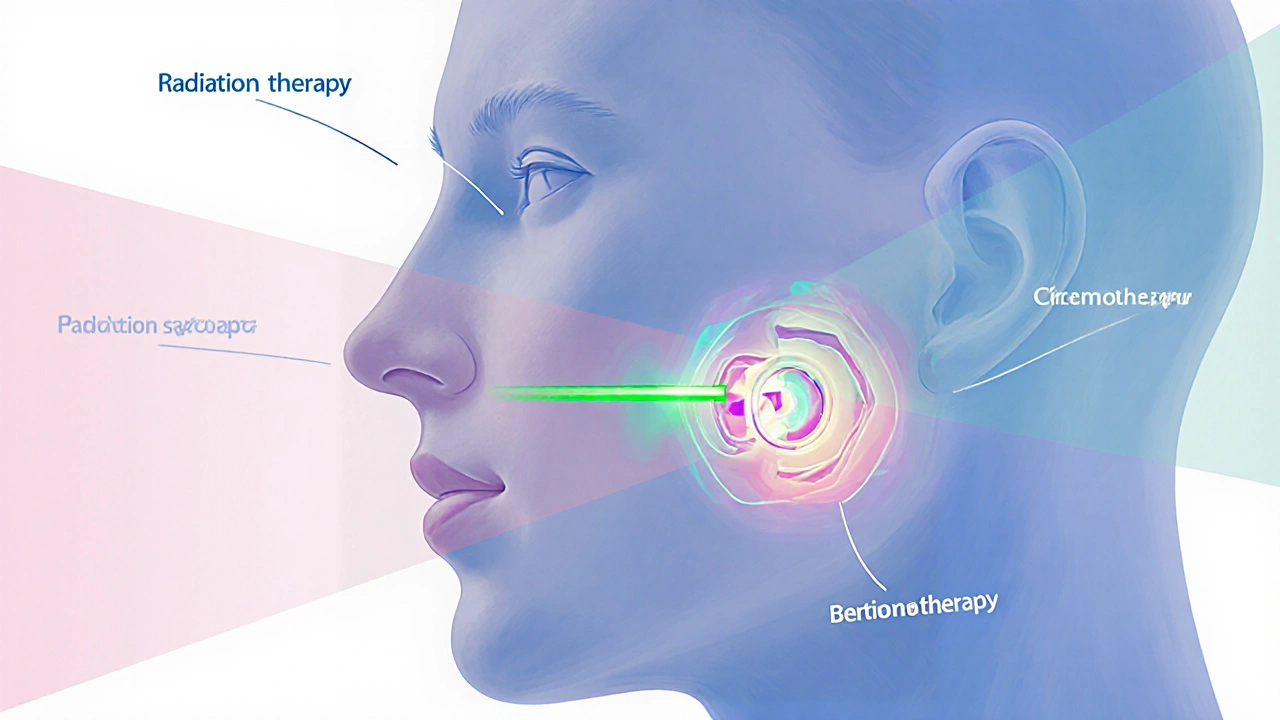
Learn why cancer treatments cause dry mouth, discover practical self‑care, prescription options, and when to seek professional help for effective relief.
When dealing with xerostomia, the medical term for chronic dry mouth caused by reduced saliva flow. Also known as dry mouth syndrome, it can interfere with speaking, tasting, swallowing, and overall oral health.
One major driver of xerostomia is medication side effects, certain drugs like antihistamines, antidepressants, and blood pressure pills that lower saliva output. When a prescription or over‑the‑counter product hampers saliva, the mouth becomes a breeding ground for cavities and infections. At the same time, saliva production, the natural process that lubricates and protects oral tissues can be compromised by aging, autoimmune disorders, or radiation therapy. These interconnected factors create a feedback loop: less saliva leads to more discomfort, which often pushes people to sip sugary drinks, further risking dental decay.
Beyond medicines, dehydration, insufficient fluid intake or excessive loss through heat, exercise, or illness directly reduces the watery component of saliva. Simple habits like drinking caffeine‑rich drinks, breathing through the mouth, or sleeping with an open mouth can intensify the sensation of dryness. Recognizing these triggers lets you break the cycle: staying hydrated, using a humidifier, and choosing sugar‑free lozenges are practical steps that restore moisture and protect enamel.
Understanding xerostomia means seeing it as a symptom that links many everyday choices and medical treatments. It encompasses oral health, medication management, and fluid balance, and it requires a proactive approach to stay comfortable and healthy. Below you’ll find a curated set of articles that dive into specific drugs, lifestyle tweaks, and medical options that can help you manage xerostomia and keep your mouth feeling normal again.

Learn why cancer treatments cause dry mouth, discover practical self‑care, prescription options, and when to seek professional help for effective relief.